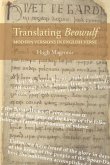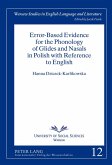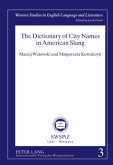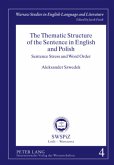The subject of the present book are literary anthroponyms and their translation. The examples, taken from English children's literature of the Victorian and Edwardian period, show that literary names are usually motivated and linked to their bearers, therefore it is necessary to investigate them in terms of their meaning, functions and role as narrative elements. The study focuses on how anthroponyms function in the context of the narrative, situation and culture, and shows similarities and differences between the name systems of the original and the translation. Also, it gives an overview of a larger number of anthroponyms, focusing on translation techniques used for various name categories. The author also discusses time-related tendencies in the translation of anthroponyms.








